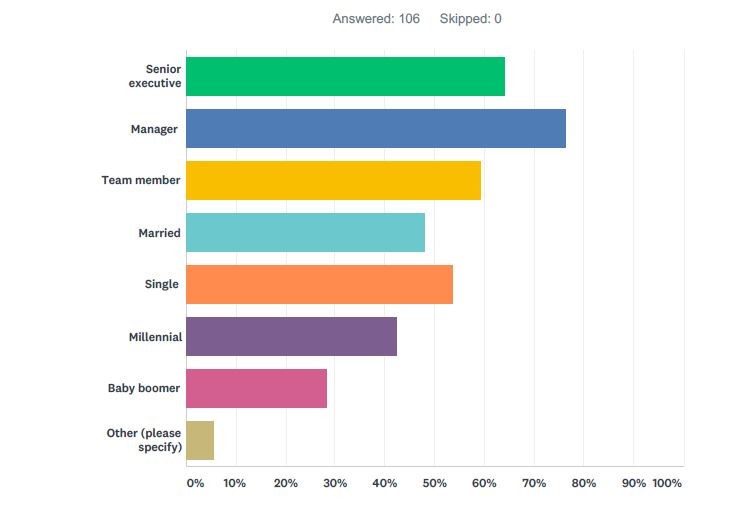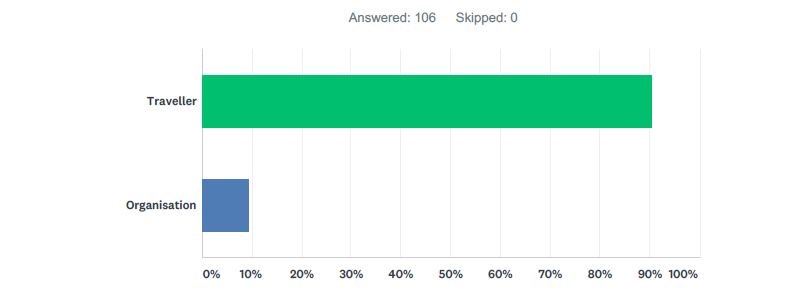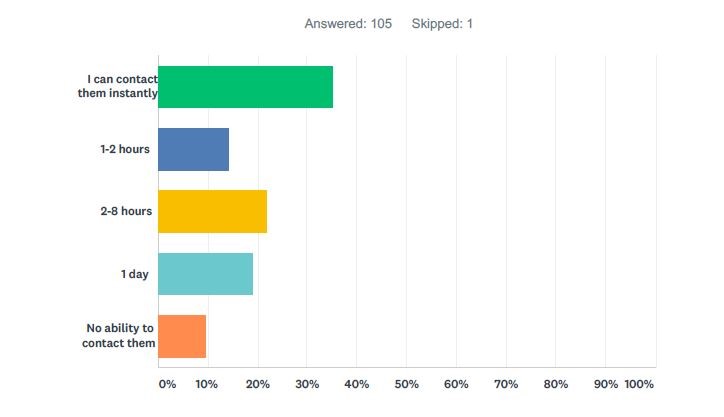The global travel management company Egencia recently announced findings from the Egencia 2018 Bleisure Trends study showing the behaviours and motivators behind bleisure travel.
The polling of 9,000 Egencia users across North America, Asia Pacific and Europe illustrated that half of Asian business travellers are planning a bleisure trip this year, 41% of North Americans, and 32% of Europeans.
This proves that this is an issue that can no longer be ignored by organisations.
Yesterday, CAPA - Centre for Aviation and International SOS held their first joint webinar tackling this very issue. Moderated by CAPA - Centre for Aviation's executive chairman, the webinar included speakers from a variety of areas impacting bleisure, including: Tim Ainsworth, Partner at HWL Ebsworth Lawyers; Tracey Moore, Group Category Manager Travel, Expense & Events, Group Procurement, Group Operations and Services at ANZ Bank; Sally Napper, Regional Security Director at International SOS: and Kelvin Wu, Group Senior Manager, Risk Management & Insurance at International SOS.
The webinar discussed key results from an Asia Pacific survey of corporate buyers conducted in Jan/Feb-2018 by the two organisations.
What was identified is that enthusiasm for granting bleisure may be outweighing serious assessment of the risks inherent in these side trips. Every employer has a duty of care towards its employees, one which does not necessarily extend to just those times when the employee is at work or on business travel.
While this was an important point, and heard, in this important discussion, the key take-away was that organisations need to adopt a 'culture of care' if they intend on allowing employers to take bleisure trips.
The general consensus across the group was that each organisation needs to develop a clear and concise travel policy for bleisure. It must include capturing personal information and itineraries for each traveller, it must have the ability to contact travellers at quick notice, and it must extend duty of care technology (such as International SOS products and services) to employees - even while they are on the leisure component of their travels.
Importantly, says Sally Napper, Regional Security Director at International SOS, "the roles and responsibilities for the traveller, managers and even duty of care organisations need to be clearly defined". This could be as simple as employers having a responsibility to capture personal mobile phone numbers and email addresses, and the employee's role to supply this information.
Key thoughts from the results of the survey:
What type of employee is most likely to add leisure travel to a business trip? (select all that apply)
 Source: CAPA - Centre for Aviation & International SOS 2018 Bleisure Survey
Source: CAPA - Centre for Aviation & International SOS 2018 Bleisure Survey
The senior management group was pegged as the most likely to add leisure travel to a business trip, which comes with its challenges and benefits. This category of employee is generally more expensive/valuable to the company and most likely to step outside the travel policy norms.
However, senior members may also be more easily contactable as they are willing to provide relevant information of their whereabouts and contact information.
Who is responsible for the leisure portion of business travel?
 Source: CAPA - Centre for Aviation & International SOS 2018 Bleisure Survey
Source: CAPA - Centre for Aviation & International SOS 2018 Bleisure Survey
Survey results showed an overwhelming agreement that the traveller is responsible, however it seems that this is not as simple as this.
Tim Ainsworth, partner at HWL Ebsworth Lawyers, confirmed that corporate policies should clearly define what the company is willing to take responsibility for and what is outside the policy. "There's not a definitive line to where organisations' duty of care begins and ends; there are multiple factors which influence this", said Mr Ainsworth.
Kelvin Wu, Group Senior Manager, Risk Management & Insurance at International SOS, also encouraged organisations to open up communication across all parties involved: "Reality is that the communication of benefits such as bleisure is generally handled by the HR department, while risk management and insurance is handled by other departments. What needs to happen is clear communication between the two departments to ensure employees are covered within insurance policies and understand their roles and responsibilities."
How long would it take for you to make contact with a traveller once the business portion of their trip was over?
 Source: CAPA - Centre for Aviation & International SOS 2018 Bleisure Survey
Source: CAPA - Centre for Aviation & International SOS 2018 Bleisure Survey
Sally Napper, Regional Security Director at International SOS, expressed honest surprise at the results shown in this question.
It is International SOS's experience that contacting travellers on leisure components of their trip generally takes 24-48 hours. This comes down to a lack of information captured prior to the trip. If an organisation is prepared, and itineraries and contact details received, this will assist with quick turnaround times.
Once again, the theme of a "culture of care" was brought up, with Ms Napper encouraging organisations to ensure that employees understand this is more about caring for staff, as opposed to playing big brother.